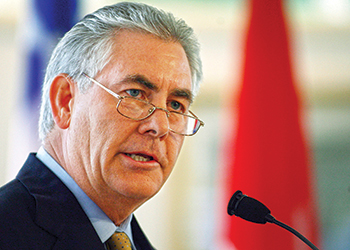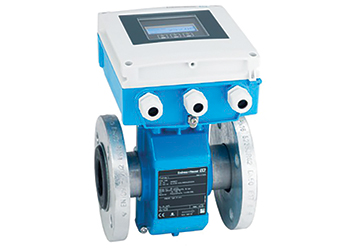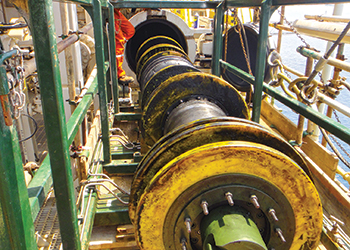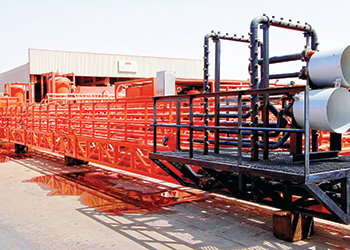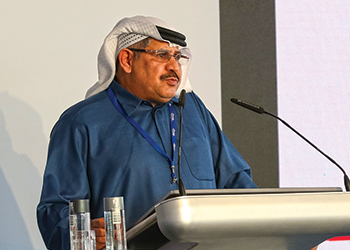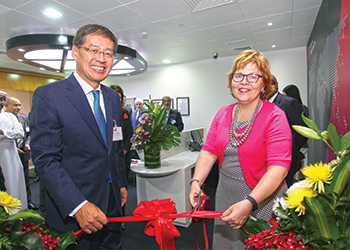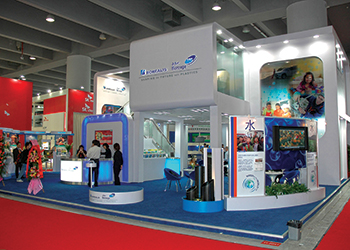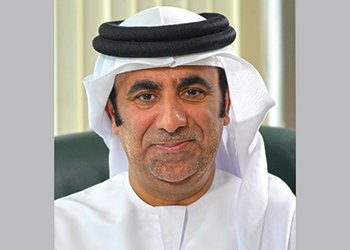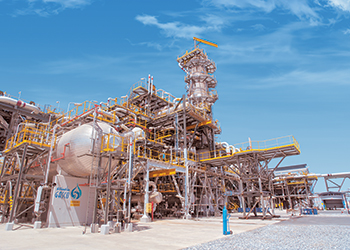
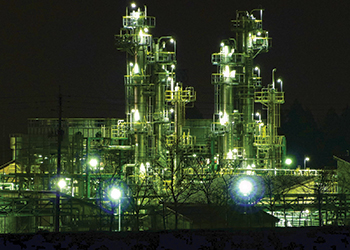 Inpex ... stake in Adco’s concession
Inpex ... stake in Adco’s concession
Japan’s oil concessions in Abu Dhabi account for about 40 per cent of the country’s oil lifting volumes
Japan’s oil ties with Abu Dhabi entered a new phase in 2015 when state-backed Inpex was awarded a landmark 5 per cent stake in the giant Adco onshore oil concession, and Tokyo is now taking steps toward retaining its stake in the emirate’s major Adma-Opco offshore oil concession due to expire in 2018.
Japan Oil Development Co (Jodco), a wholly owned subsidiary of Inpex, holds a stake in the Adma-Opco offshore concession.
Oil concessions held by Japan offshore Abu Dhabi account for around 40 per cent of the country’s equity-based oil lifting volumes, highlighting their importance to the country’s energy security.
It is no surprise then that Koji Toyoshima, METI’s director of petroleum policy, recently described Abu Dhabi as the most important country Japan is targeting for oil concessions.
For Inpex, the Adma-Opco offshore oil concession is "indispensable" as it aims to boost its equity production to 1 mbpd of oil equivalent by the early 2020s, says Inpex spokesman Tetsuji Yoshimine, adding that its most recent output stood at around 503,500 boepd.
High profile visits, loan deals and collaboration on enhanced oil recovery technology are part of Japan’s efforts to retain its stake in the Adma-Opco offshore concession.
Japan’s state minister of economy, trade and industry, Yosuke Takagi, in November visited Abu Dhabi in fresh efforts to renew Jodco’s offshore concession.
Japan Oil, Gas and Metals National Corp is meanwhile collaborating with Abu Dhabi Marine Operating Co, operator of the Adma-Opco concession, to develop a carbon dioxide enhanced oil recovery technology.
If successful, the technology could be instrumental in enabling Adma-Opco, a unit of Abu Dhabi National Oil Co., to achieve an ambitious, previously-stated goal of raising the recovery factor from a cluster of Abu Dhabi offshore oil fields to 70 per cent, or about twice the current industry average.
The Japan Bank of International Cooperation last month signed an agreement with Abu Dhabi National Oil Co aimed at strengthening relations between Japan and Adnoc.
In a statement after the signing of the agreement, JBIC described the UAE as "vital to Japan’s resource strategy" and stated that the objective of the agreement was to ensure Japanese participation in existing and new concessions.
The Adma-Opco concession includes the giant Umm Shaif and Lower Zakum fields, as well as the smaller Umm Al-Dalkh, Satah, Nasr and Umm Lulu fields. Jodco has a 12 per cent stake in all the fields except Satah, in which it holds a 40 per cent stake.
Jodco’s other big stake offshore Abu Dhabi is its 12 per cent interest in the Zadco concession, which includes the Upper Zakum field.
Including equity output from its 5 per cent stake in the Adco onshore concession, Inpex is estimated to produce a combined 200,000 bpd of Murban, Das Blend and Upper Zakum crudes in Abu Dhabi, according to market sources.
The Adco deal with the Abu Dhabi government and state-owned Adnoc in April was the first by a Japanese company to acquire a stake in Abu Dhabi’s major new onshore concession.
Inpex, in which Japan’s Ministry of Economy, Trade and Industry holds a 18.94 per cent stake, also became the only one, outside of Adnoc, that has the right to market all three export crude grades produced in the emirate.
The Adco deal helped Abu Dhabi secure not only a long-term reliable partner to develop its "crown jewel," but also cemented the emirate’s already strong customer foundation in Japan at a time when there is increasing competition among Middle East crude producers for market share.
For Japan, acquiring the 5 per cent stake in the Adco onshore concession was "extremely remarkable" for the government, which has prioritized acquiring upstream oil concessions to ensure stable crude supplies even in emergency situations, Toyoshima says.
It was also Japan’s first acquisition of equity in the Middle East for which shipments do not have to pass through the Strait of Hormuz chokepoint. Starting in the summer of 2012, a new pipeline running from Abu Dhabi’s major onshore oil fields has been delivering a large portion of Abu Dhabi’s onshore crude output to an export terminal at Fujairah, bypassing the Strait of Hormuz.
Inpex, which normally sells crudes on January-December cycles for term contracts, has nearly sold out its term portion of Abu Dhabi’s three grades for 2016 "mainly to Japanese refiners and refiners in Asia," says Yoshimine, adding that the company kept an unspecified spot portion as buffer.
Japan’s crude imports from the UAE rose 3.2 per cent year on year to an average of 871,838 bpd, as it became one of the few Middle East crude suppliers to increase crude supplies to Japan over January-October, when most others saw their supplies decline, according to METI data.
Looking ahead, Japan’s crude imports from the UAE are expected to remain steady in 2016.






































































